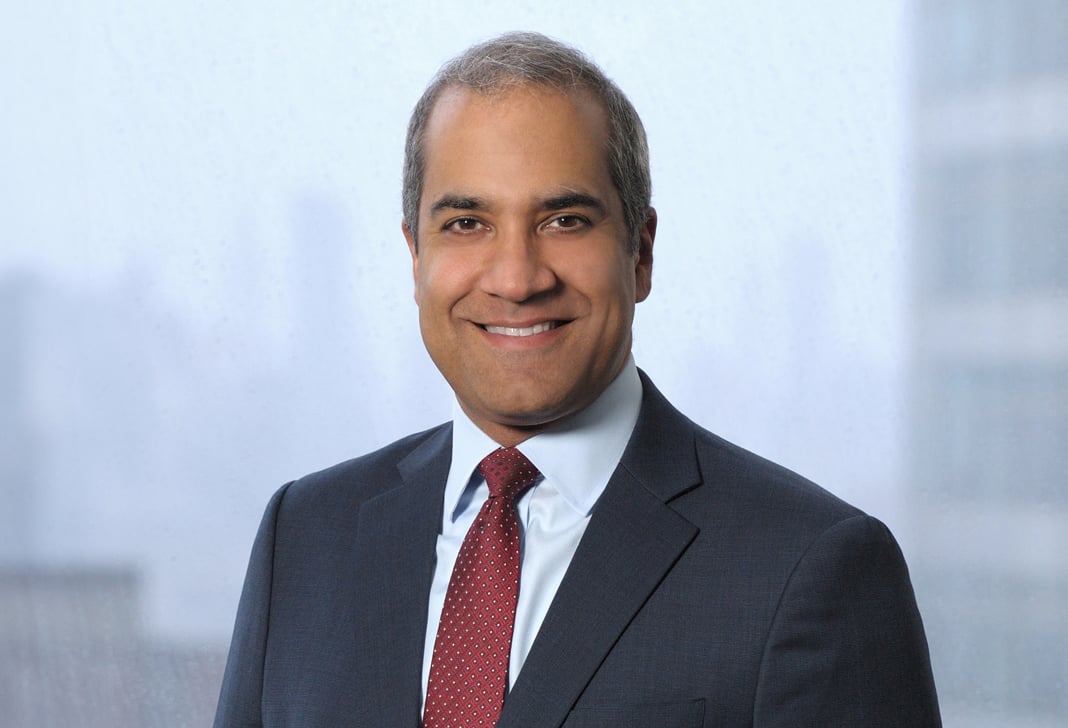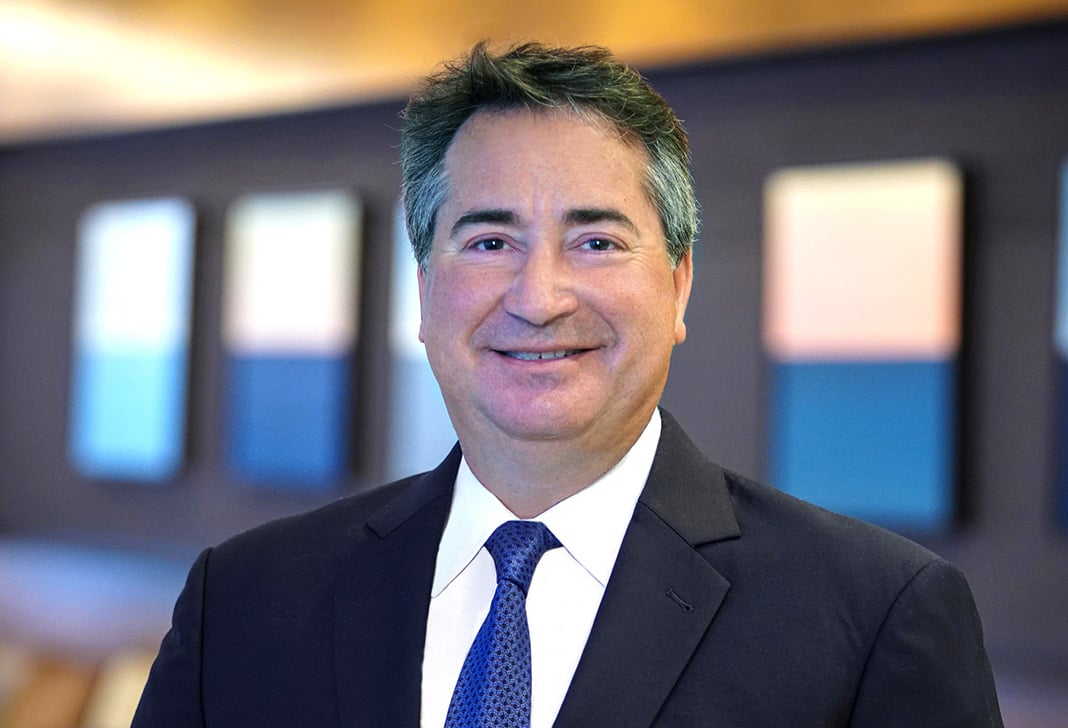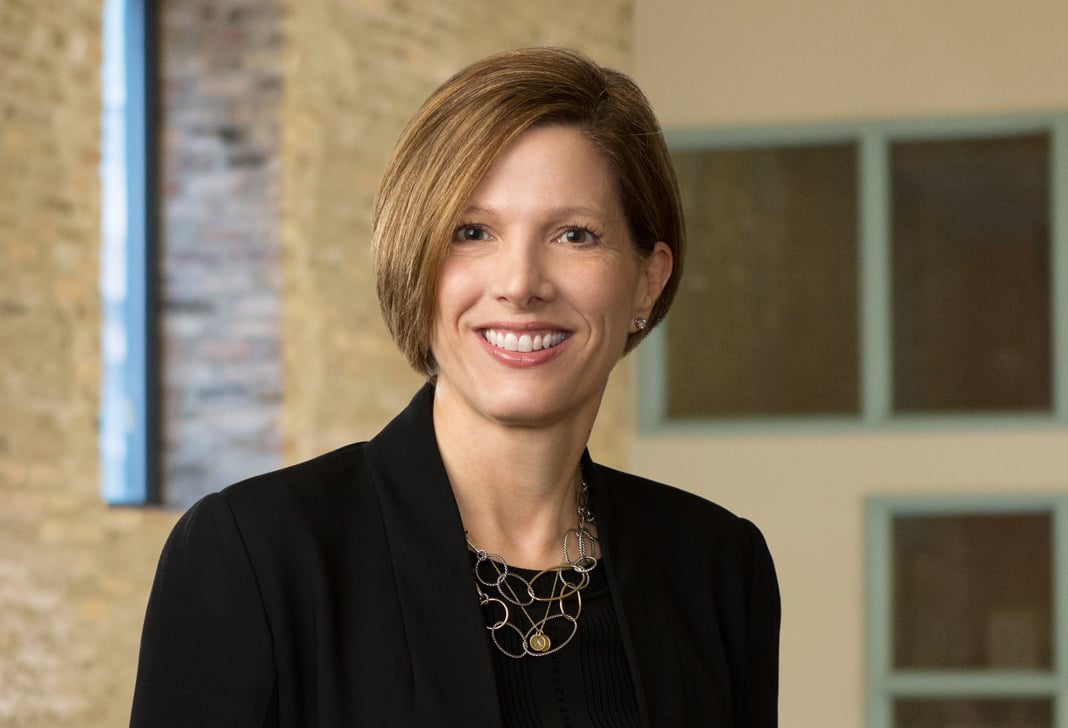Ninth Circuit Clarifies Import of Escobar in False Claims Act Litigation
In Short
The Situation: Courts have disagreed over whether Universal Health Services, Inc. v. Escobar, 136 S. Ct. 1989 (2016), announced a mandatory test for implied certification liability under the False Claims Act ("FCA").
The Result: The Ninth Circuit held in Rose v. Stephens Institute that Escobar's two-part test is the only way to establish implied certification liability.
Looking Ahead: Rose holds that Escobar's test is mandatory for implied certification cases, but the panel's plea for en banc review suggests that the rule's future application may remain unsettled.
The Ninth Circuit's recent decision in U.S. ex rel. Rose v. Stephens Inst., No. 17-15111, could significantly cabin the potential scope of liability under the federal FCA by limiting when claims for government payment can be considered "false" and thus a basis for liability. Some claims are false on their face because, for example, they bill for services that were never provided. More commonly, however, FCA suits concern claims that are facially correct but instead "tainted" by an underlying breach of a legal requirement (e.g., in how the services were provided). For such claims to be actionable, there must be a misrepresentation about their compliance with the legal rule at issue. Whether this misrepresentation can be entirely implicit—through what is known as an "implied certification" of compliance—is a long-disputed theory of FCA liability that the Ninth Circuit addressed in Rose.
The Supreme Court's landmark decision in Universal Health Services, Inc. v. U.S. ex rel. Escobar, 136 S. Ct. 1989 (2016), recognized the validity of an implied certification theory in certain circumstances. But Escobar did not settle this theory's standard. The Escobar Court held that implied certification can support liability "at least " when (i) a defendant's claim for payment makes "specific representations about the goods or services" provided and (ii) the defendant's "failure to disclose noncompliance with material statutory, regulatory, or contractual requirements makes those representations misleading half-truths." But courts have split over whether an implied certification theory must satisfy this two-part test set forth in Escobar. Compare United States v. Triple Canopy, Inc., 857 F.3d 174, 178 n.3 (4th Cir. 2017) (Escobar test is not mandatory), with U.S. ex rel. Smith v. Wallace, 723 F. App'x 254, 256 (5th Cir. 2018) (suggesting Escobar test is mandatory). Courts have also struggled with how exactly to enforce the FCA's materiality standard after Escobar.
The Ninth Circuit accepted an interlocutory appeal to address both issues in Rose. The Rose court held, on August 24, 2018, that the Escobar two-part test is mandatory for an implied certification theory. The panel found that this conclusion was compelled by the Ninth Circuit's prior decisions in U.S. ex rel. Kelly v. Serco, Inc., 846 F.3d 325 (9th Cir. 2017), and U.S. ex rel. Campie v. Gilead Sciences, Inc., 862 F.3d 890 (9th Cir. 2017). Even though neither Kelly nor Campie fully addressed the question, the Rose panel could not reconcile either opinion with a rule that the two-part test was just one (as opposed to the only) basis for implied certification liability. But the Rose panel followed the Kelly and Campie precedents reluctantly, commenting that it would have ruled differently if it were "analyzing Escobar anew." Nevertheless, Rose confirmed "that Relators must satisfy Escobar's two conditions to prove falsity, unless and until our court, en banc, interprets differently."
The Rose court then held that summary judgment was not appropriate under the Escobar test. The relators in Rose contend that the Academy of Arts University ("AAU") breached federal rules that prohibit compensation incentives for enrolling more students. Although AAU did not explicitly claim compliance with this requirement, the Ninth Circuit had no trouble finding an implied certification of compliance: when students sought financial aid, AAU would represent that each student was an "eligible borrower" who was "accepted for enrollment in an eligible program." According to the Ninth Circuit, these representations would be "misleading half-truths"—and, thus, potentially actionable under the Escobar two-part test—in light of the alleged breaches.
The court further held that a reasonable trier of fact could conclude the incentive compensation ban was material under Escobar—because government payment was expressly conditioned on compliance, the government had previously targeted similar violations, and the incentive payments were large enough that the noncompliance was not "minor or insubstantial." Judge N.R. Smith dissented on materiality, arguing that the majority had not properly applied Escobar's "demanding" and "rigorous" materiality standard.
Rose both clarifies the test for implied certification in the Ninth Circuit and sets the stage for a future challenge to the standard, by all but inviting en banc review of whether the Escobar test is mandatory. Even if the Ninth Circuit does not revisit the issue, it is likely that the Supreme Court will eventually do so, given courts' differing views. And although the Rose defendant did not win summary judgment on materiality grounds, we expect that materiality will continue to be a ripe ground for FCA challenges given Escobar's emphasis on the substantial burden imposed by this element of liability.
Three Key Takeaways
- Proving implied certification in the Ninth Circuit now requires showing that the claim for payment makes "specific representations about the goods or services" provided that are "misleading half-truths" in light of undisclosed "noncompliance with material statutory, regulatory, or contractual requirements."
- Courts—including perhaps the en banc Ninth Circuit—will continue to weigh in on whether an implied certification can be established in other ways.
- Rose reinforces the importance of materiality challenges under the FCA.




